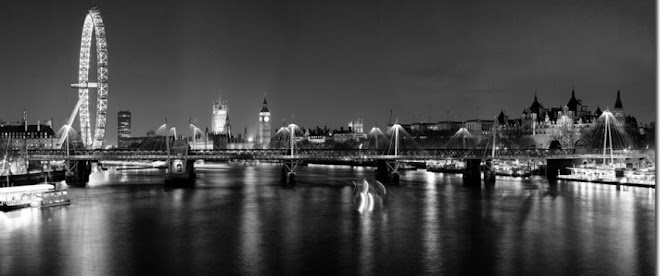John Wilkes was born in Clerkwell, London on 17th October 1725, died 26th December 1797 and was known for his involvement in politics and radical journalism.
Wilkes was first elected a Member of Parliament in 1757 and his most prominent political achievements included his involvement in the Middlesex election dispute where he supported the voice of the voters rather than the House of Commons when determining their representatives. In 1771 he was responsible for encouraging the government to agree to the right of printers to publish word for word accounts of parliamentary debates. In 1776 Wilkes brought forward the first Bill for British parliamentary reform. Being seen to be an English radical he was constantly seeking political transformation and in favour of change within the British government.
* Sources: http://www.spartacus.schoolnet.co.uk/PRwilkes.htm http://en.wikipedia.org/wiki/John_Wilkes
During his time in Parliament Wilkes was highly influential on matters concerning the American Revolution and views inspired Dutch politician Joan van der Capellen tot den Pol (1741–1784), a supportive of the American Revolution and Wilkes’ ideals. British people living in American colonies leading up to the revolution followed Wilkes’ career. His views concerning corruption within the British constitution contributed to the initiation of the American Revolution, as colonies began to reject the authority of the British Parliament because they had no representation within it.
It was Wilkes’ views concerning British Parliament of the time that lead to his radical journalism. In 1762, when John Stuart, Third Earl of Bute, headed the government, Wilkes began to write a weekly publication, The North Briton. In this publication he heavily criticised John Stuart. Wilkes then also progressed to defame George III’s speech concerning the Paris Peace Treaty of 1763. He was critical of the speech because Stuart had written it. Consequently Wilkes was charged with libel and the King ordered the arrest of Wilkes and his publishers. Forty-nine people were arrested in total, as a result of Wilkes’ radical journalism.
Another notable contribution Wilkes made to journalism was the protection of the freedom of the press. In 1774 he became Lord Mayor of London and, as before mentioned, he persuaded the government to allow the press to report verbatim accounts of debates within parliament, including the names of the speakers. He believed that parliament should not have the ability to punish those who published political debate.
Despite Wilkes’ success regarding his political standing and his journalistic representation, his popularity began to decrease after 1780 and he withdrew from the 1790 Middlesex election due to so little support. The French Revolution in 1789 had caused great divide in Britain and Wilkes had not supported it due to the violence. This view had opposed that of other radicals of the time and was more in keeping with the current conservative figures.
In his final working years Wilkes served as a magistrate, focussing on campaigning for less severe punishment for disobedient household servants. Wilkes retired from politics at the age of 65. He participated no further in the growth of radicalism in the 1790s.
* Sources: http://www.spartacus.schoolnet.co.uk/PRwilkes.htm http://en.wikipedia.org/wiki/John_Wilkes

Your Alexa traffic ranking 7.8 (ie in the top 7.8 million most popular web pages on earth).
ReplyDeleteVery good piece on Wilkes - well done.
ReplyDelete